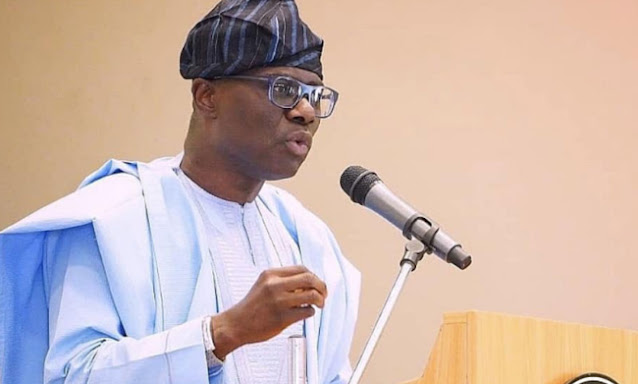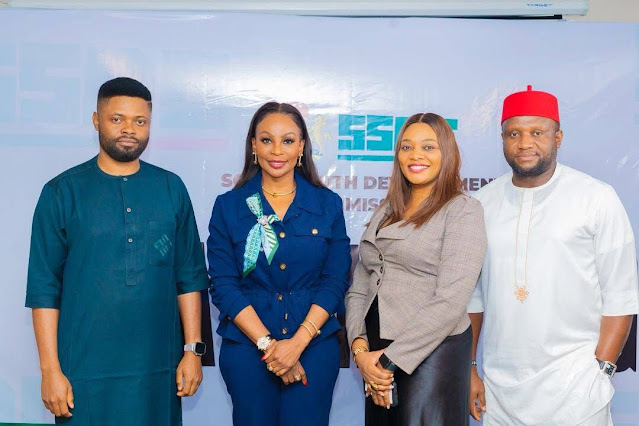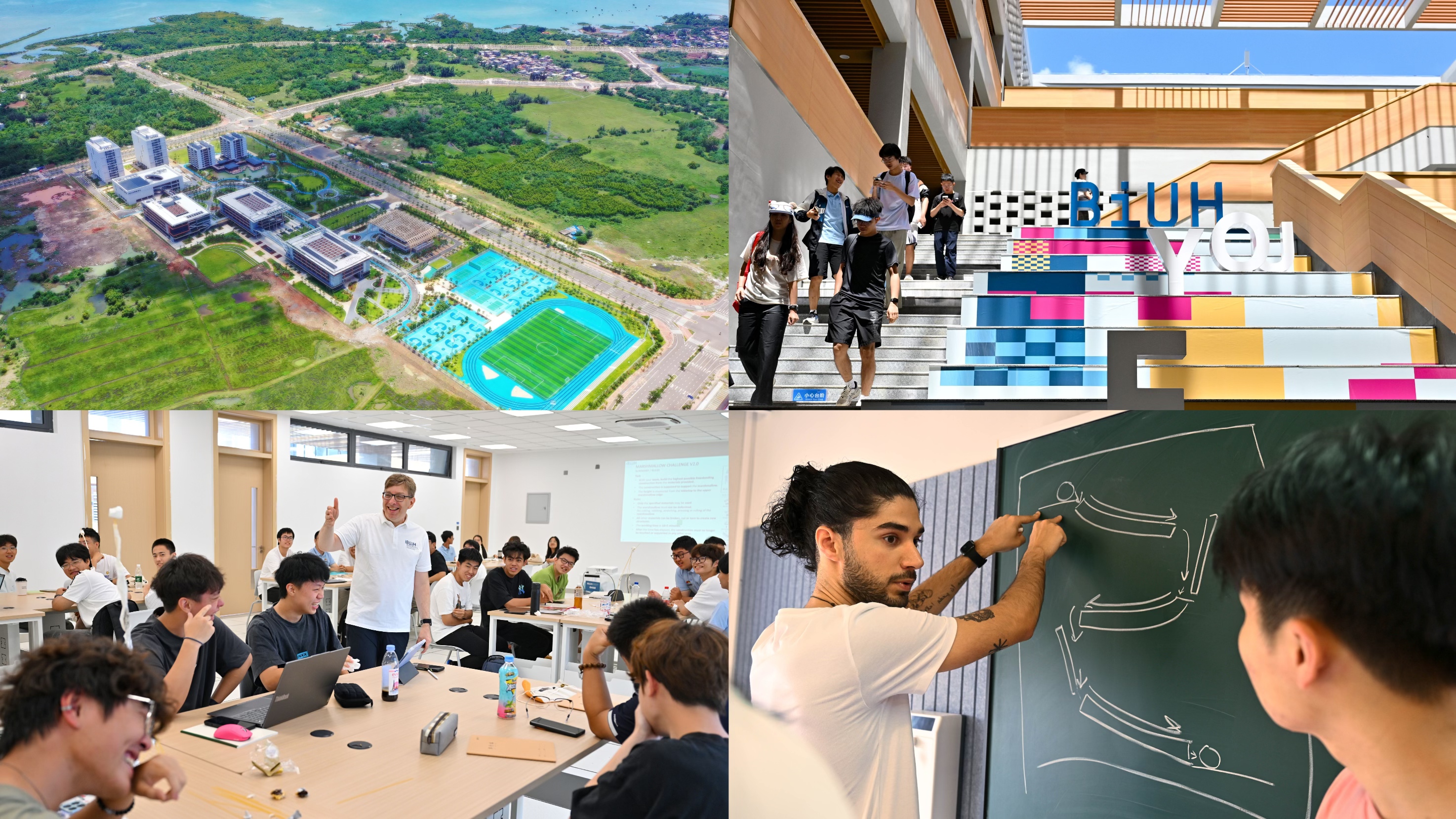In a bold move to address one of Nigeria’s most pressing socio-economic challenges, Lagos State Governor, Mr. Babajide Sanwo-Olu, has pledged to create 1,000 new job opportunities for the state’s youth. The announcement, made during a recent public address, underscores the governor’s commitment to reducing unemployment and empowering the next generation of Lagosians to contribute meaningfully to the state’s economic growth. Beyond the promise of jobs, Sanwo-Olu called for a united effort from all stakeholders—government, private sector, civil society, and individuals—to tackle the pervasive issue of youth unemployment, which continues to hinder Nigeria’s progress. This initiative reflects his administration’s proactive approach to fostering economic inclusion, promoting sustainable development, and ensuring that Lagos remains a hub of opportunity for its vibrant population.
A Vision for Economic Empowerment
Governor Sanwo-Olu’s pledge to create 1,000 new jobs is not just a policy statement but a testament to his administration’s broader vision of transforming Lagos into a thriving, inclusive economy. Speaking at a youth-focused event in Lagos, the governor highlighted the critical role that young people play in driving innovation, entrepreneurship, and economic development. He noted that unemployment, particularly among the youth, remains a significant barrier to realizing the full potential of Lagos as Africa’s economic powerhouse.
“Lagos is a city of opportunities, but we cannot ignore the challenges facing our young people,” Sanwo-Olu remarked. “The creation of 1,000 new jobs is a step toward empowering our youth, giving them the tools to succeed, and ensuring that they are active participants in the growth of our state. However, this is not a task for the government alone. We need the private sector, corporate organizations, civil society, and every citizen to join hands in addressing youth unemployment.”
The governor’s announcement comes at a time when Nigeria grapples with a high unemployment rate, particularly among its youth population. According to recent data from the National Bureau of Statistics, Nigeria’s unemployment rate stood at 33.3% in 2020, with youth unemployment being significantly higher. In Lagos, the economic hub of the country, the situation is particularly acute due to the large influx of young people seeking opportunities in the city. Sanwo-Olu’s pledge to create 1,000 new jobs is a targeted intervention aimed at alleviating this challenge and providing a lifeline to young Lagosians seeking meaningful employment.
Contextualizing Youth Unemployment in Nigeria
Youth unemployment is a multifaceted issue in Nigeria, driven by a combination of structural, economic, and social factors. Despite being Africa’s largest economy, Nigeria faces significant challenges in creating sufficient job opportunities to match its growing population. With over 60% of its population under the age of 25, the country has a youthful demographic that could be a powerful driver of economic growth if properly harnessed. However, limited access to quality education, inadequate vocational training, and a mismatch between skills and market demands have left many young Nigerians unemployed or underemployed.
In Lagos, these challenges are compounded by the state’s unique position as Nigeria’s commercial capital. The city attracts millions of young people from across the country and beyond, all seeking to tap into its vibrant economy. While Lagos boasts a thriving private sector, a booming tech ecosystem, and a dynamic creative industry, the sheer volume of job seekers often outstrips available opportunities. This has led to increased competition for jobs, rising poverty levels, and, in some cases, social unrest.
Governor Sanwo-Olu’s commitment to creating 1,000 new jobs is a direct response to these challenges. While the number may seem modest in the context of Lagos’s large population, it represents a strategic effort to kickstart broader job creation initiatives. The governor emphasized that these jobs would span various sectors, including technology, agriculture, infrastructure development, and the creative industries, reflecting the diverse economic landscape of Lagos.
A Call for Collective Action
Beyond the promise of new jobs, Governor Sanwo-Olu’s address included a passionate call for collective action to address youth unemployment. He urged stakeholders across all sectors to collaborate in creating sustainable solutions that empower young people and prepare them for the demands of the modern economy. This call to action aligns with the governor’s broader philosophy of inclusive governance, which emphasizes partnerships between the government, private sector, and civil society.
“We cannot solve the problem of youth unemployment in isolation,” Sanwo-Olu stated. “It requires a collective effort. The private sector must invest in training and mentorship programs, corporate organizations should prioritize hiring young talent, and civil society must advocate for policies that create opportunities. Together, we can build a Lagos where every young person has a chance to succeed.”
The governor’s emphasis on collective action reflects an understanding that government intervention alone cannot address the scale of the unemployment crisis. By engaging the private sector, Sanwo-Olu aims to leverage Lagos’s robust business ecosystem to create pathways for youth employment. For instance, partnerships with tech companies could lead to the creation of digital skills training programs, while collaborations with agricultural firms could open up opportunities in agribusiness, a sector with significant potential in Nigeria.
Sanwo-Olu also highlighted the role of education and skills development in tackling unemployment. He noted that his administration has invested heavily in vocational training programs, entrepreneurship schemes, and educational reforms to equip young people with the skills needed to thrive in a competitive job market. Programs such as the Lagos State Employment Trust Fund (LSETF) have already provided thousands of young entrepreneurs with access to funding, mentorship, and business development resources, enabling them to start their own ventures and create jobs for others.
The Role of Technology and Innovation
A key component of Sanwo-Olu’s strategy for addressing youth unemployment is the promotion of technology and innovation. Lagos is widely regarded as Africa’s tech hub, home to a growing number of startups, tech incubators, and innovation centers. The governor has consistently championed the tech sector as a driver of economic growth and a source of employment opportunities for young people.
In his address, Sanwo-Olu announced that a significant portion of the 1,000 new jobs would be created in the technology sector, with a focus on areas such as software development, digital marketing, and e-commerce. This aligns with the state’s ambition to position Lagos as a global leader in the digital economy. The governor cited the success of initiatives like the Eko Innovation Centre, which provides training and support for young tech entrepreneurs, as evidence of the potential for technology to transform lives.
“Technology is the future, and our young people are at the forefront of this revolution,” Sanwo-Olu said. “By investing in digital skills and innovation, we are not only creating jobs but also empowering our youth to compete on a global stage.”
The governor’s focus on technology is particularly relevant in the context of Nigeria’s rapidly growing digital economy. According to a report by the African Development Bank, the digital economy in Africa is expected to create millions of jobs in the coming years, with Nigeria poised to be a major beneficiary. By prioritizing tech-driven job creation, Sanwo-Olu is positioning Lagos to capitalize on this trend and ensure that its youth are not left behind.
Addressing Social Challenges Through Employment
In addition to economic considerations, Governor Sanwo-Olu emphasized the social implications of youth unemployment. He noted that joblessness among young people is closely linked to social issues such as crime, substance abuse, and unrest. By creating employment opportunities, the governor aims to address these challenges and promote social stability in Lagos.
“Unemployment is not just an economic issue; it is a social issue,” Sanwo-Olu remarked. “When young people lack opportunities, they become vulnerable to negative influences. By providing jobs and empowering our youth, we are building a safer, more cohesive society.”
This perspective is particularly relevant in the context of Lagos, where rapid urbanization has led to challenges such as overcrowding, poverty, and crime. By prioritizing youth employment, Sanwo-Olu’s administration seeks to address the root causes of these issues and create a more inclusive society. The governor also highlighted the importance of mentorship and community engagement in guiding young people away from negative behaviors and toward productive pursuits.
Building on a Legacy of Youth Empowerment
Governor Sanwo-Olu’s pledge to create 1,000 new jobs builds on his administration’s existing efforts to empower young people. Since taking office in 2019, Sanwo-Olu has implemented a range of initiatives aimed at addressing youth unemployment and promoting economic inclusion. These include the aforementioned LSETF, which has supported thousands of small businesses, as well as programs focused on skills acquisition, entrepreneurship, and education.
The governor’s commitment to youth empowerment is also evident in his administration’s investments in education. Under his leadership, Lagos has seen significant improvements in public schools, with a focus on integrating technology and vocational training into the curriculum. These efforts aim to prepare young people for the demands of the modern workforce and reduce the skills gap that contributes to unemployment.
Sanwo-Olu’s administration has also prioritized infrastructure development as a means of creating jobs. Projects such as the Lagos Rail Mass Transit system and road construction initiatives have not only improved the state’s transportation network but also provided employment opportunities for thousands of young people. By linking job creation to infrastructure development, the governor is ensuring that his administration’s efforts have a lasting impact on the state’s economy.
The Broader Context: Sanwo-Olu’s Leadership Philosophy
Governor Sanwo-Olu’s pledge to create 1,000 new jobs and his call for collective action reflect his broader leadership philosophy, which emphasizes collaboration, innovation, and inclusivity. Since assuming office, Sanwo-Olu has positioned himself as a forward-thinking leader committed to addressing the challenges facing Lagos through strategic and inclusive policies. His administration’s focus on youth empowerment aligns with the state’s T.H.E.M.E.S. agenda, which prioritizes Traffic Management and Transportation, Health and Environment, Education and Technology, Making Lagos a 21st Century Economy, Entertainment and Tourism, and Security and Governance.
The T.H.E.M.E.S. agenda provides a roadmap for transforming Lagos into a smart, sustainable, and inclusive city. By prioritizing job creation and youth empowerment, Sanwo-Olu is addressing key components of this agenda, particularly in the areas of education, technology, and economic development. His call for collective action further underscores his belief in the power of partnerships to drive progress, a principle that has guided his administration’s approach to governance.
Challenges and Opportunities Ahead
While Sanwo-Olu’s pledge to create 1,000 new jobs is a commendable step, it is not without challenges. The scale of youth unemployment in Lagos requires sustained and multifaceted interventions, and the creation of 1,000 jobs, while significant, is only a starting point. Ensuring that these jobs are sustainable, well-paying, and aligned with the needs of the labor market will be critical to their success.
Additionally, the governor’s call for collective action will require robust mechanisms to coordinate efforts between the government, private sector, and civil society. This could involve establishing platforms for dialogue, creating incentives for private sector involvement, and ensuring that policies are inclusive and accessible to all segments of the population.
Despite these challenges, the opportunities presented by Sanwo-Olu’s initiative are immense. By focusing on sectors such as technology, agriculture, and infrastructure, the governor is tapping into areas with significant growth potential. Moreover, his emphasis on collaboration opens the door for innovative partnerships that could transform the landscape of youth employment in Lagos.
Conclusion
Governor Babajide Sanwo-Olu’s pledge to create 1,000 new jobs and his call for collective action to address youth unemployment represent a significant step toward building a more inclusive and prosperous Lagos. By prioritizing job creation, skills development, and collaboration, the governor is addressing one of the most pressing challenges facing the state and the country as a whole. His vision for empowering young people through employment and innovation reflects a deep commitment to the future of Lagos and its residents.
As Lagos continues to grow as Africa’s economic and cultural hub, initiatives like this will play a critical role in ensuring that the city’s youth are not left behind. By fostering partnerships, investing in education and technology, and addressing the social implications of unemployment, Sanwo-Olu is laying the foundation for a brighter, more inclusive future. The task ahead is immense, but with collective effort and sustained commitment, Lagos can become a model for addressing youth unemployment and creating opportunities for all.







